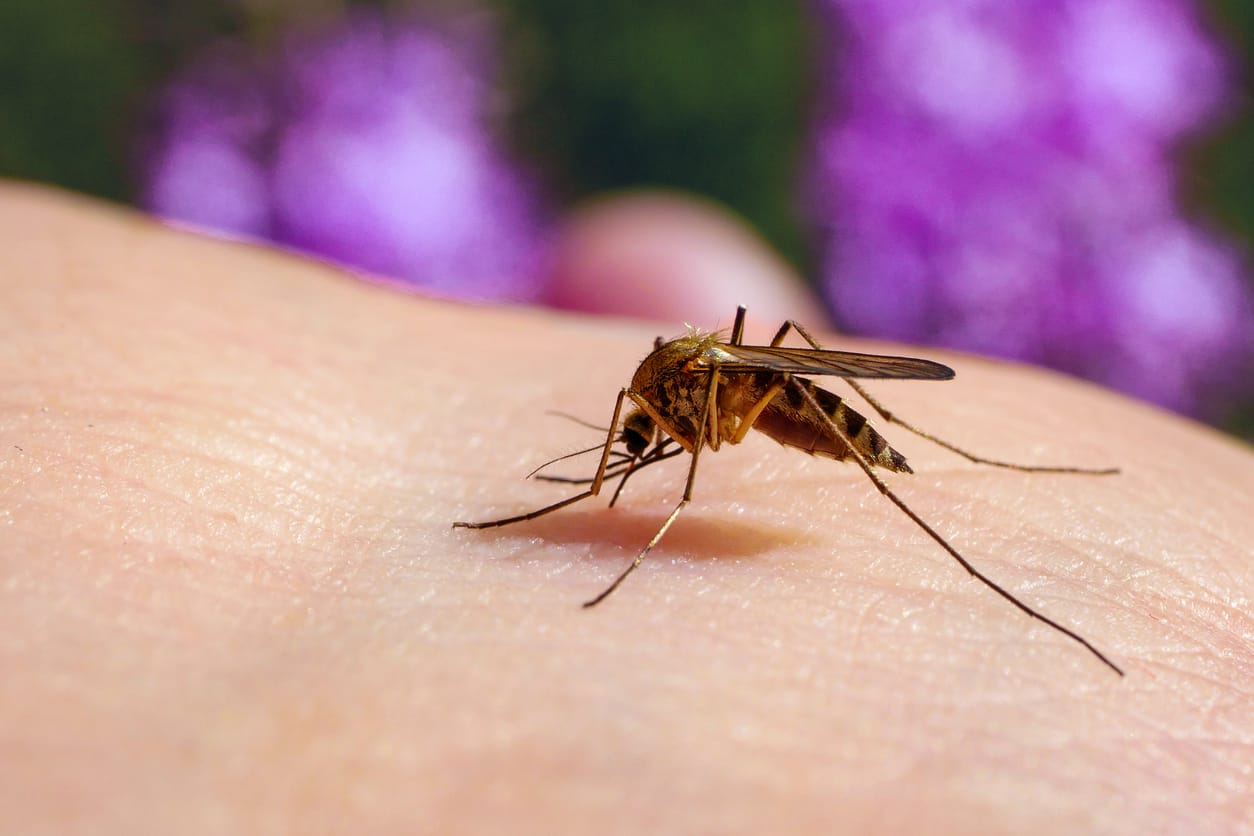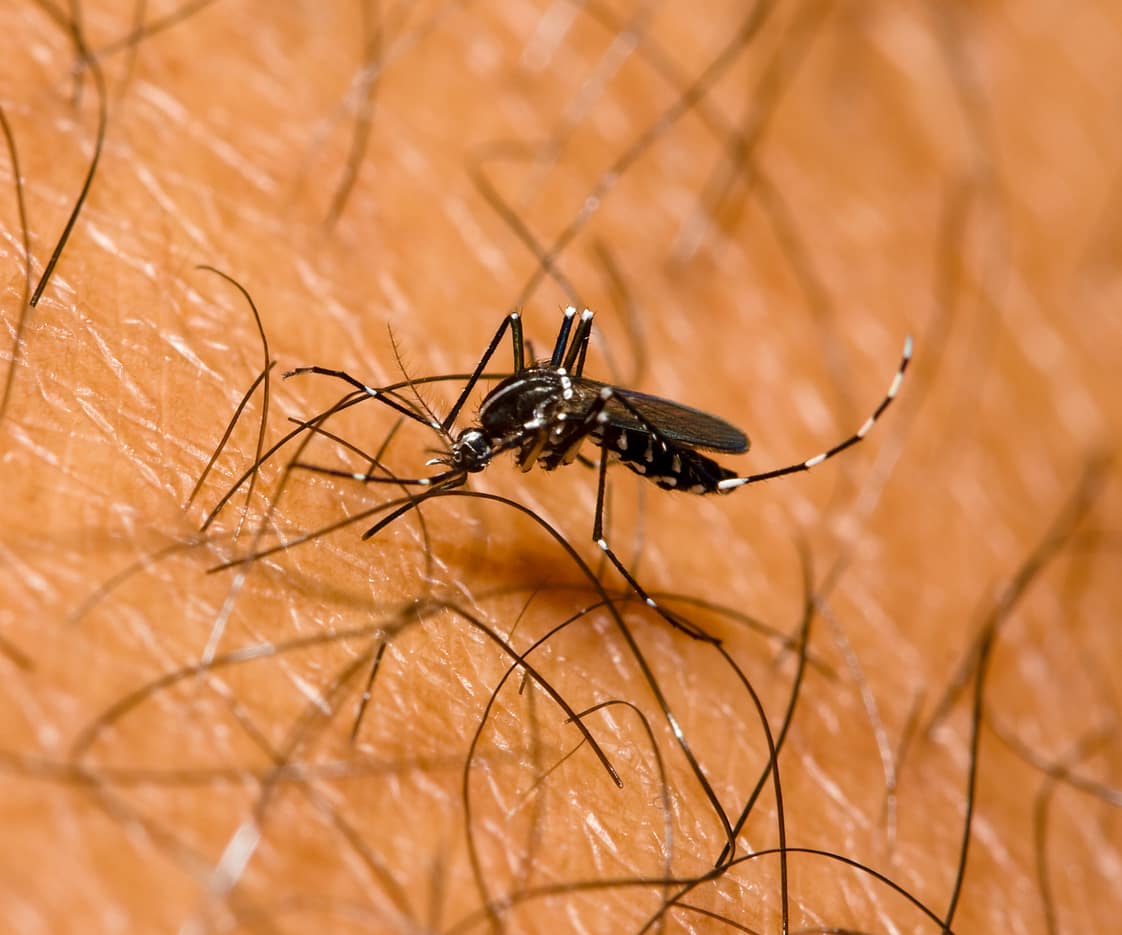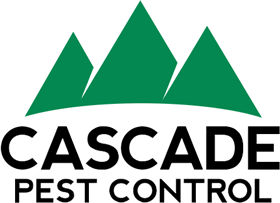Author: Kurt Treftz, Cascade Pest Control
Mosquitoes in the Pacific Northwest
Mosquitoes – those blood sucking, disease-spreading, painfully biting, itchy-bump causing nuisances of summer. While more than 40 different mosquito species can be found in Washington state, the Pacific Northwest has not always been known as a hotbed of mosquito activity. It has always had its share of mosquitoes, but the numbers have been comparatively small and the ones that carry disease relatively rare, especially on the western side of the state.
However, that has been changing with the rise in hotter, longer summers. Over the last 40 years, Seattle has seen the rise of conditions that promote the growth of mosquitoes. Moisture and heat are key to the mosquito life cycle and the rise in temperatures in the PNW – almost an additional month of mosquito-friendly heat, means we might be dealing with more of the little blood suckers.
All mosquitoes are attracted to standing water as it is necessary to their reproductive efforts. They are also attracted to plant nectar as their main food source, so properties with lots of flowering trees and blooming bushes are enticing to these pests. Mosquitoes are most active at dawn and dusk and hide in overgrown grass and untrimmed vegetation during the day.
The painful, itchy bite of this annoying insect comes from the female, as the males do not bite. The blood meal the female requires is for the protein needed to develop her eggs. So, by default, the female is the mosquito that transmits disease.
The two most common mosquitoes found in Washington are the Northern House mosquito (culex pipiens) and Western Encephalitis mosquito (culex tarsalis).
Northern House Mosquito

- Slender bodies with thin long legs
- Hairy wings and extended mouthparts for feeding
- Body covered in golden brown scales and abdomen is marked by alternating dark and light bands
Western Encephalitis Mosquito

- Dark colored bodies
- White bands on their extended mouthparts and underside of the abdomen has inverted Vs
- Their long, thin legs have white bands on them.
Mosquitoes can be dangerous because of their ability to transmit diseases. Washington state has seen evidence of mosquitoes transmitting West Nile virus, western equine encephalitis, and St. Louis encephalitis. But the mosquitoes that carry other noteworthy viruses, like Zika, are not found in Washington state.
To fight back against and control mosquitoes, make sure that you empty standing water (i.e. wading pools, bird baths, pet water bowls, buckets, clogged gutters, and even tops of tarps), keep vegetation trimmed, and avoid being out at prime hours like dawn/dusk unless you are prepared with long pants/sleeves & repellant.
Need professional pest control? Call Cascade Pest Control at 888-989-8979 or request a quote today!
